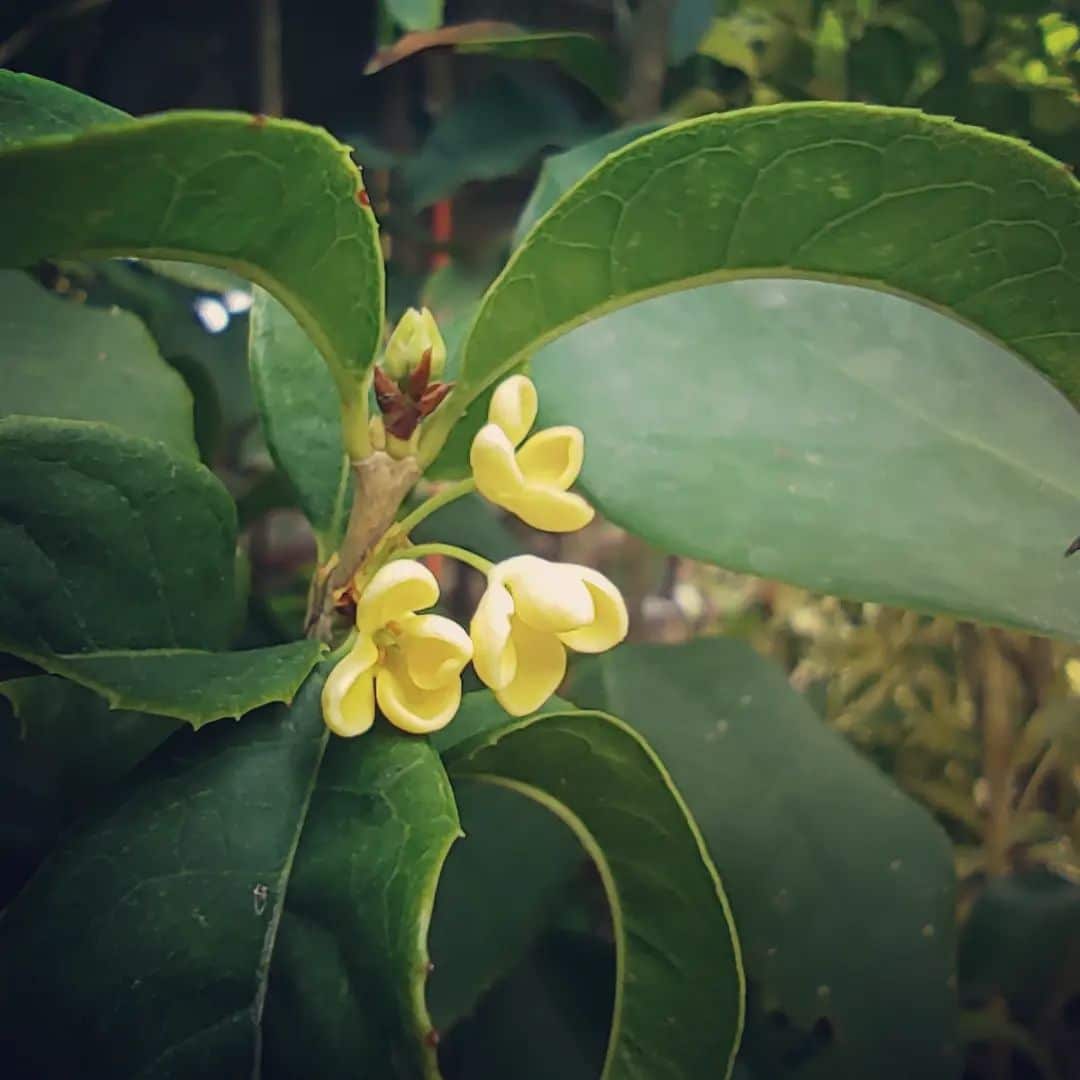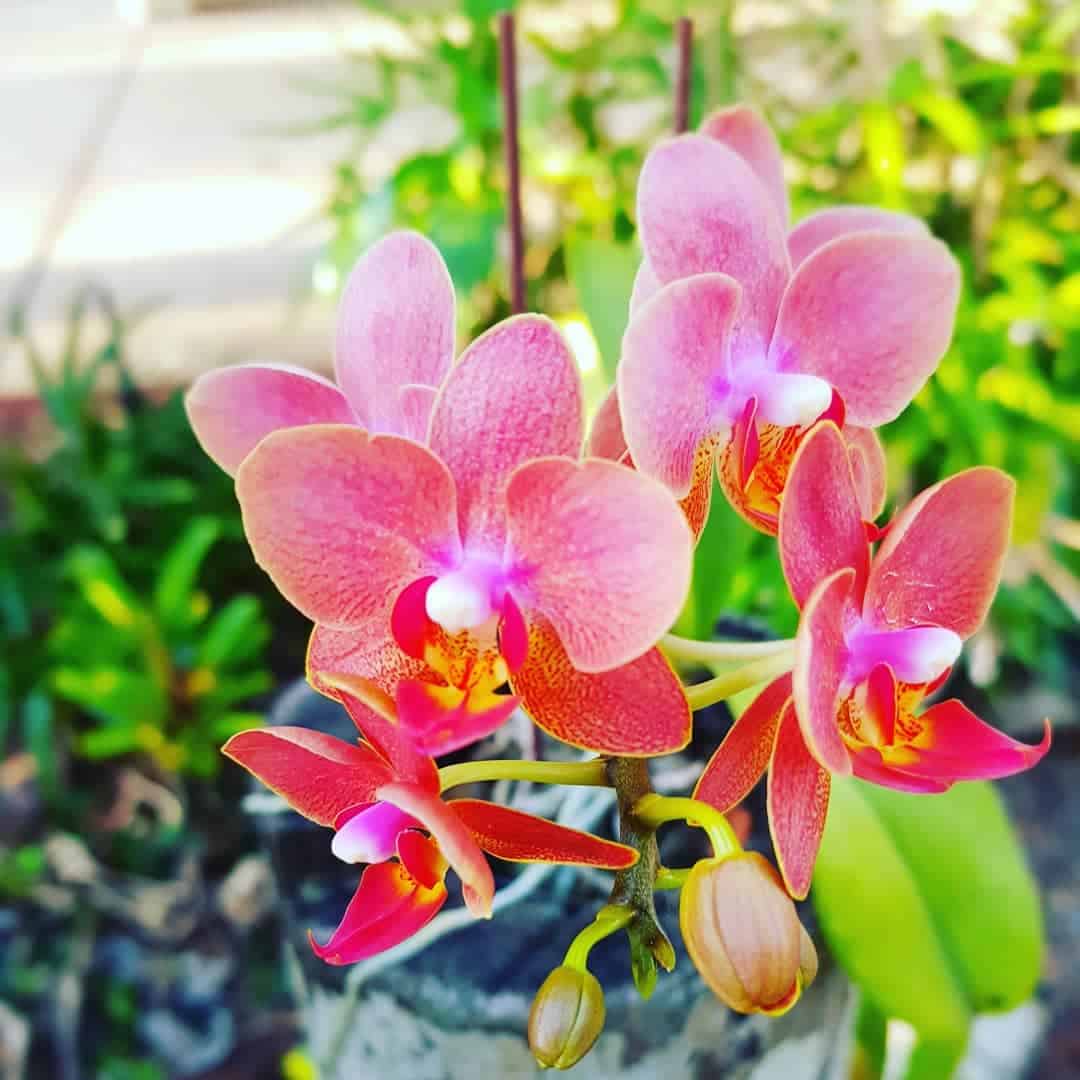Natural mimicry allows many insects to look like plants to hide from predators, but have you heard about plants that look like insects?
This mimicry in plants may be due to the adaptation in insects or plants due to environmental changes.
To quench your curiosity, we have listed several plants whose parts look just like insects for various reasons.
Table of Contents Show
5+ Plants That Look Like Insects
Although insects looking just like plants are rare, parts or structures of some plants, like leaves, flowers, seed pods, etc., perform insect mimicry.
Most plants include different varieties of Orchids that even bear blossoms shaped like birds.
1. Bee Orchid
Bee Orchid is also a flowering plant that bears many similarities with bees, especially a female bee.
Moreover, the furry body with stripes and brown colored lips gives the perfect display bee’s body pattern.

Additionally, the central petal of the base of this flower looks just like a bee’s abdomen, while other petals mimic the wings.
Both the appearance and the beautiful scent of this Orchid is to attract male bees to the plant for pollination.
2. Sweet Osmanthus
Sweet Osmanthus is a flowering plant with incredible white blossoms in clusters with a sweet fragrance.
The arrangement of those small flowers in groups tends to resemble white butterflies lying on the plant.

Moreover, the fragrance and the bright color lure different pollinators like insects and birds toward it.
This beautiful plant native to Asia can grow up to 20 feet tall and is useful to make perfumes and traditional medicines.
3. Darwin’s Orchid
Darwin’s Orchis is another fascinating example of a plant closely resembling insects, especially a moth.
The specific moth the plant has the maximum similarity in appearance is Darwin’s or Morgan’s sphinx moth.

Moreover, flowers bear long nectar spurs of about 12 inches, exactly matching the feeding tube of this moth.
Provably, the feeding tube is helpful for the insect to feed upon the nectar lying deep inside the plant.
Due to the similarities of the nectar spur and feeding tube, both moth and the plant become the perfect example of coevolution.
4. Carnivorous Plants
Besides the appearance, there are certain carnivorous plants, like Venus Fly Traps, Pitcher Plants, etc, that look like insects.
Generally, most insects are carnivorous, feeding upon bugs and small insects. Carnivorous plants mimic this behavior of feeding upon insects.

Like other insects, these plants contain specialized sap that helps digest the trapped insects as food.
Moreover, the movement of the plant while trapping the prey also resembles the movement of insects.
5. Ant Plants
Like other insects mimicking plants, the Ant Plant has a unique appearance and scent to attract ants and provides shelter.
The adaptation of these plants makes them look just like ant colonies due to their hollow structure resembling ant chambers.

Sometimes, the hollow structure also contains unique features that appear just like ant trails.
Interestingly, Ant Plants and ants have a mutualistic relationship too. Ant Plants provide shelter to ants, while ants provide protection to plants against herbivores.
6. Spider Flower
As the name suggests, a Spider Flower is a beautiful plant with unique features making it look just like a spider.
The characteristics, shape, and structure of the plant closely resemble the body and legs of a spider.

Moreover, the long filaments outreach the flowerhead giving a similar appearance to a spider’s head and legs.
Additionally, the narrow, elongated seed pods of the Spider Plant exactly mimic the egg sacs of the spider.
7. Fly Orchid
Fly Orchid is another orchid bearing unique flowers that tend to be lookalikes of insects, especially flies.
The complex structure of the hairy labellum in flower bears markings and a glossy texture similar to the body of a fly.

This coloration, shape, and texture are just like an abdomen of a fly, giving the flower a characteristic appearance of a fly.
Additionally, the flower has a scent similar to a male fly that attracts female flies toward it for pollination.
8. Mantis Orchid
Mantis Orchid is one of the species of Orchid which got its name due to its close resemblance with the Praying Mantis.
The upper petals of this Orchid’s flower are similar to the folded legs of Praying Mantis. Meanwhile, the lower petals and lips are like the Mantis’s body.

Moreover, the flower’s lip patterns are quite similar to the eyes and mouthparts of the Praying Mantis.
The flower’s resemblance with the Praying Mantis is probably to attract male Mantis for pollination.
From Editorial Team
No Plants Are Exactly Shaped Like Insects!
Plants can bear some structures, features, colors, or patterns mimicking insects, but no plants exactly appear like insects.
Some plants, like Dead Horse Arum Lily, Bee Balm, Cuckoo Pint, etc., bear characteristics similar to insects for pollination.
